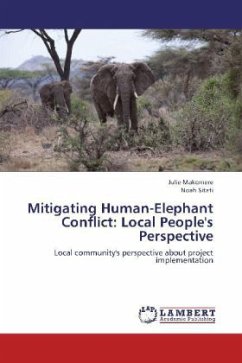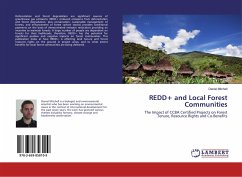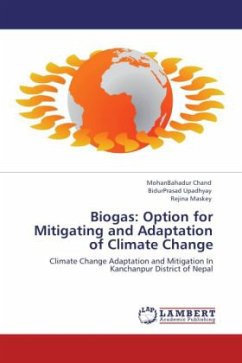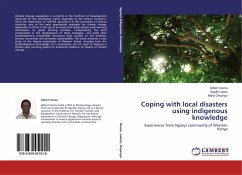Mitigating Human-Elephant Conflict illustrates how ideas and perspectives of the local community can influence mitigation project implementation in areas prone to high Human-Elephant conflicts. The main focus is how the local community, who are the key stakeholders in the tourism industry, respond to the initiatives that are aimed at minimizing the conflicts which, unfortunately, increase daily in areas adjacent to wildlife reserves. The wildlife serves as an important component of tourists attraction in many developing countries. The elephant is rated among the most valuable animal species in social, economic and ecological aspects. For sustainable tourism development, the local community's perspective towards project implementation is a prerequisite in its success. The causes of Human-Elephant conflicts are well known by the local community and with well established mitigation initiatives, harmonious coexistence between the local community and elephants is possible.
Bitte wählen Sie Ihr Anliegen aus.
Rechnungen
Retourenschein anfordern
Bestellstatus
Storno








